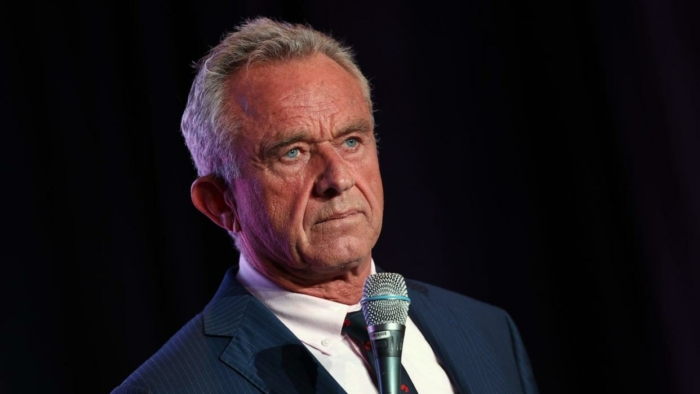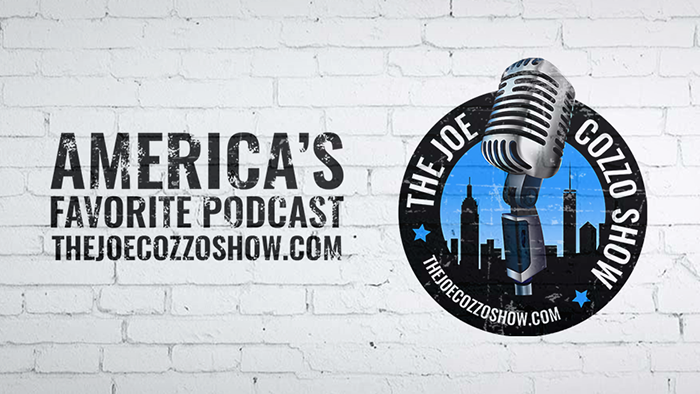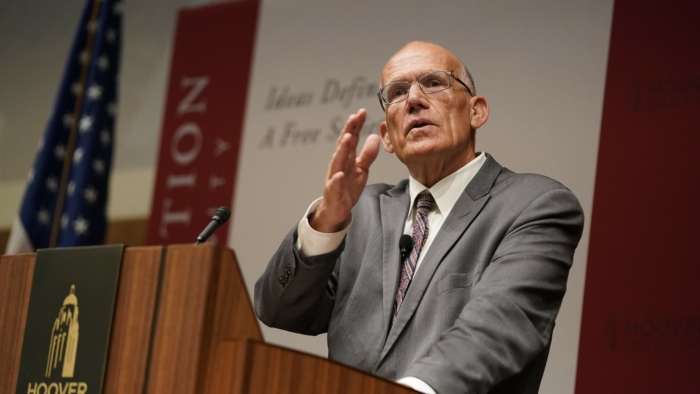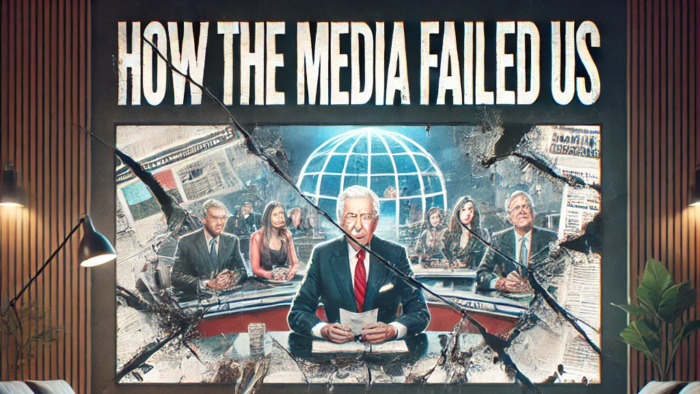Robert F. Kennedy Jr., an environmental attorney and political activist, has long been a polarizing figure in American public life. Known for his fierce advocacy for public health and environmental justice, Kennedy’s life has been one of triumph, controversy, and an unrelenting commitment to his vision of a healthier America.
A Troubled Past and a New Beginning
Kennedy’s battle with addiction dates back to his younger years, a period marked by personal challenges and public scrutiny. In a candid interview with The New York Times in 2001, Kennedy reflected on those years, stating, “I was lost, and my addiction became a way of coping with pain and disconnection.” His struggles included periods of heavy drug use, which he has openly acknowledged in interviews and speeches.
In 1983, Kennedy was arrested for heroin possession in South Dakota. The arrest, which made national headlines, was a pivotal moment in his life. “I hit rock bottom,” Kennedy shared during a 2020 podcast interview on The Joe Rogan Experience. “But that experience forced me to confront myself and begin the journey of recovery.”
Following his arrest, Kennedy sought treatment and dedicated himself to recovery. This period of reflection and rehabilitation became the foundation for a life of service. In his autobiography, American Values: Lessons I Learned from My Family (2018), Kennedy wrote, “Addiction is a battle that humbles you. It taught me the value of perseverance, empathy, and the importance of second chances.”
Legal Battles Against Polluters
Kennedy’s career took off at the Manhattan District Attorney’s office, where he worked as an assistant DA in the 1980s. However, it was his work as an environmental lawyer that cemented his reputation as a champion of the public good. As the senior attorney for the Natural Resources Defense Council (NRDC) and founder of the Waterkeeper Alliance, Kennedy led numerous high-profile legal battles against polluters.
One of his most notable cases was against General Electric (GE) for polluting the Hudson River with polychlorinated biphenyls (PCBs). Representing Riverkeeper, Kennedy played a crucial role in forcing GE to commit to a massive cleanup of the river. “This was about holding corporations accountable for the damage they do to our environment and communities,” Kennedy said in a 2002 interview with The New Yorker.
Another landmark case involved successfully challenging a coal company for polluting waterways in Appalachia. Kennedy’s efforts led to stricter enforcement of the Clean Water Act. At a 2006 press conference, Kennedy stated, “Protecting our water resources is not just an environmental issue—it’s a moral imperative to safeguard the health of our families and future generations.”
Kennedy also fought against major factory farms responsible for polluting local water supplies with animal waste. His advocacy in these cases emphasized the need for sustainable agricultural practices and highlighted the devastating impact of unchecked industrial farming.
Vaccine Advocacy and Autism Controversy
In recent years, Kennedy has become a vocal critic of vaccine mandates, arguing that public health decisions should be transparent and rooted in individual choice. His 2021 book, The Real Anthony Fauci: Bill Gates, Big Pharma, and the Global War on Democracy and Public Health, became a bestseller, sparking intense debate. In it, he alleges collusion between government agencies and pharmaceutical companies, a claim that has resonated with skeptics of government overreach but drawn sharp criticism from public health experts.
The scientific community has widely discredited Kennedy’s assertion of a potential link between vaccines and autism. Numerous studies, including a comprehensive review by the Institute of Medicine (IOM) in 2011, have found no evidence to support this claim. However, the prevalence of autism spectrum disorder (ASD) has indeed increased significantly from the 1980s to 2024. In the 1980s, estimates suggested that approximately 1 in 1,000 children were diagnosed with autism. The Centers for Disease Control and Prevention (CDC) reported that in 2020, approximately 1 in 36 children in the United States were identified with ASD. This represents a substantial increase over the past few decades.
Despite the scientific consensus, Kennedy maintains that more research and oversight are needed in vaccine safety. “Science should never fear questions,” he stated at a 2023 forum hosted by the Children’s Health Defense organization.
A Vision for a Healthier America
Kennedy’s campaign to “make America healthy again” focuses on tackling chronic diseases, improving environmental protections, and reforming the healthcare system. “We need to address the root causes of illness, not just the symptoms,” he argues. His platform calls for stricter regulations on industrial pollutants, better access to organic food, and reevaluating pharmaceutical practices. This stance has garnered support from environmental groups and individuals concerned about corporations’ influence on public health.
A Presidential Bid Thwarted by the Democratic Party
In 2024, Kennedy’s bid for the presidency as a Democrat was a contentious chapter in his career. Despite his storied political lineage and passionate advocacy, the Democratic National Committee (DNC) declined to support his campaign. Critics within the party cited his controversial stances on vaccines and public health, which some viewed as incompatible with the party’s platform.
“Robert Kennedy Jr. represents a voice of dissent that challenges institutional norms,” said former Congressman Dennis Kucinich, a supporter of Kennedy’s campaign. “The Democratic Party’s refusal to include him on the primary ballot undermines its commitment to diversity of thought.”
Other party members were less sympathetic. “His positions on key issues, particularly vaccines, are not in alignment with the values and priorities of our party,” said Senator Elizabeth Warren in a statement to Politico.
Kennedy’s exclusion from the Democratic ticket led him to accuse the party of suppressing democracy. In an address to supporters, he said, “The DNC’s decision is not just a disservice to my campaign, but to every American who believes in open and fair elections.”
Critics and Supporters Weigh In
Kennedy’s openness about his past has drawn both praise and criticism. Supporters argue that his candid acknowledgment of his struggles humanizes him and underscores his resilience. “Robert’s journey is a testament to the power of redemption,” said former Congressman Dennis Kucinich. “He has turned his personal challenges into a platform for advocating for the health and well-being of others.”
However, some critics have questioned whether Kennedy’s past undermines his credibility as a public health advocate. “His history of addiction raises questions about his judgment and decision-making,” said an unnamed political strategist in a 2022 interview with Politico. “While it’s important to acknowledge recovery, it’s also fair to scrutinize his past.”
Moving Forward
Kennedy’s experiences with addiction have deeply influenced his views on public health and justice. He has become an outspoken advocate for addressing the root causes of addiction, including systemic issues such as environmental toxins and socioeconomic inequality.
In a 2023 speech in New Hampshire, Kennedy declared, “Addiction is not a moral failing; it’s a public health issue. If we’re going to build a healthier America, we need to address the conditions that lead people to despair in the first place.” His call for a holistic approach to health—encompassing environmental, physical, and emotional well-being—has resonated with many Americans.
A Legacy of Resilience
Robert F. Kennedy Jr.’s journey from addiction to advocacy is a story of transformation and resilience. By confronting his troubled past head-on, Kennedy has sought to turn his challenges into a mission to improve the lives of others. He often says, quoting his father, Robert F. Kennedy Sr., “Only those who dare to fail greatly can ever achieve greatly.”
His openness about his struggles reminds us that recovery is possible and that even the most challenging experiences can catalyze meaningful change. RFK embodies the values that define America.












